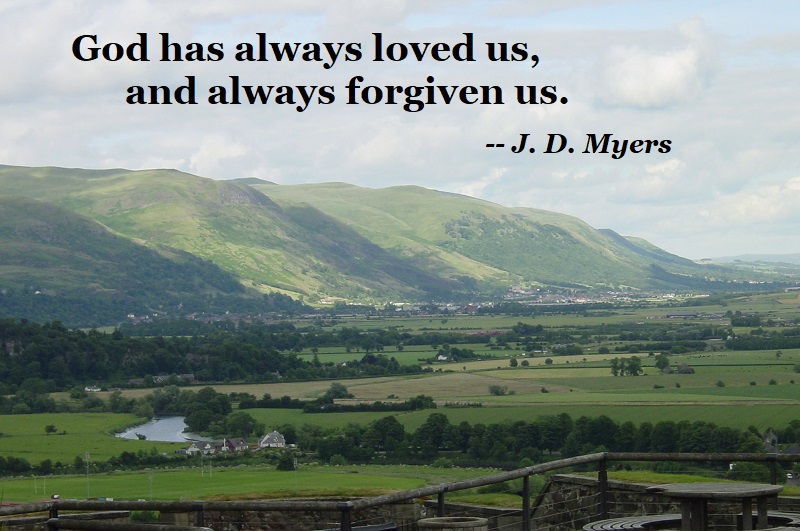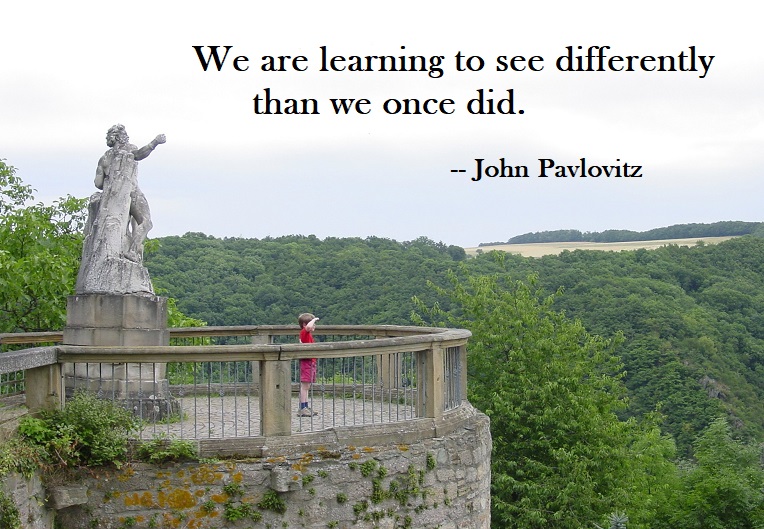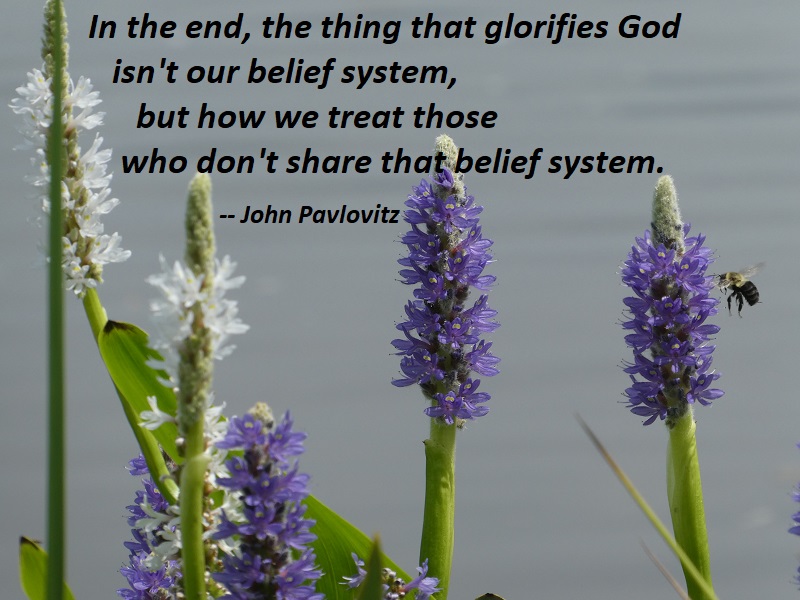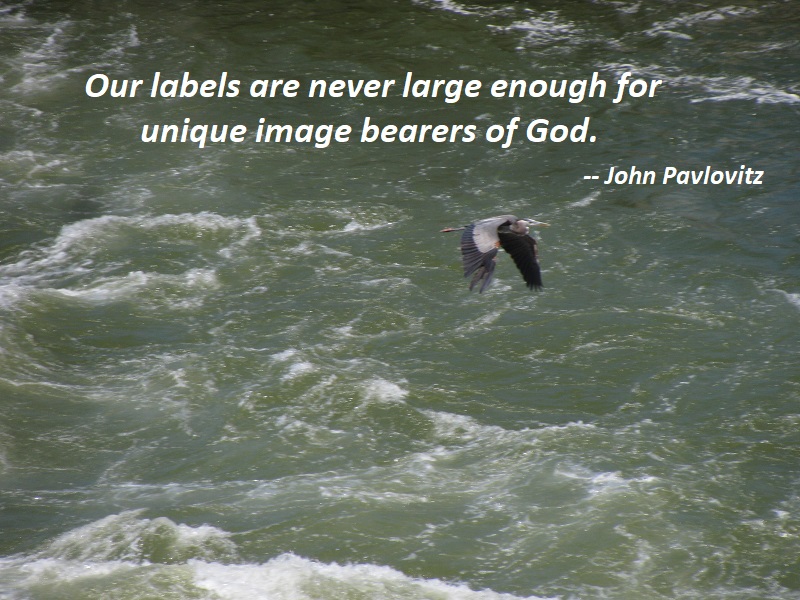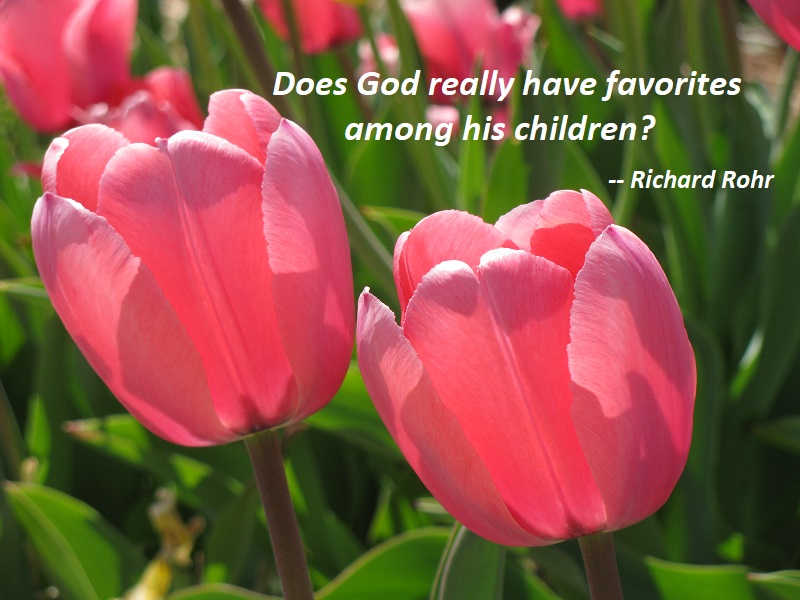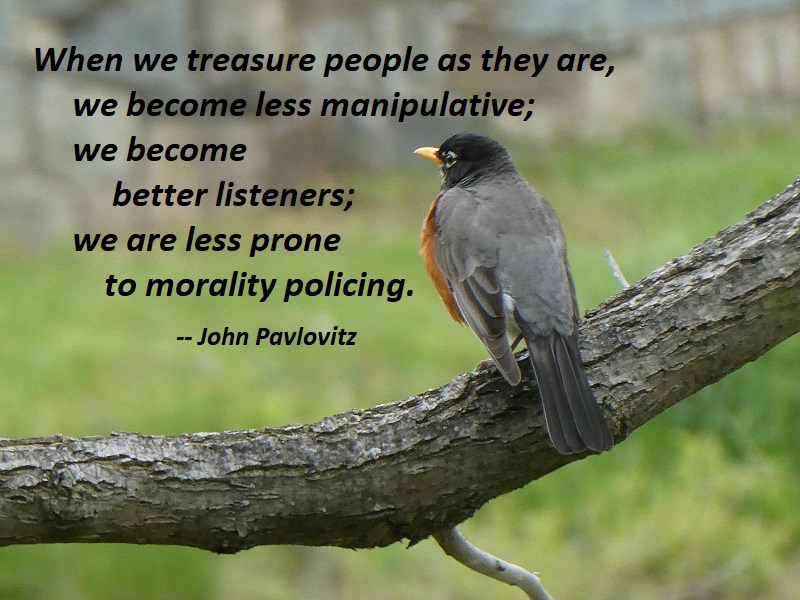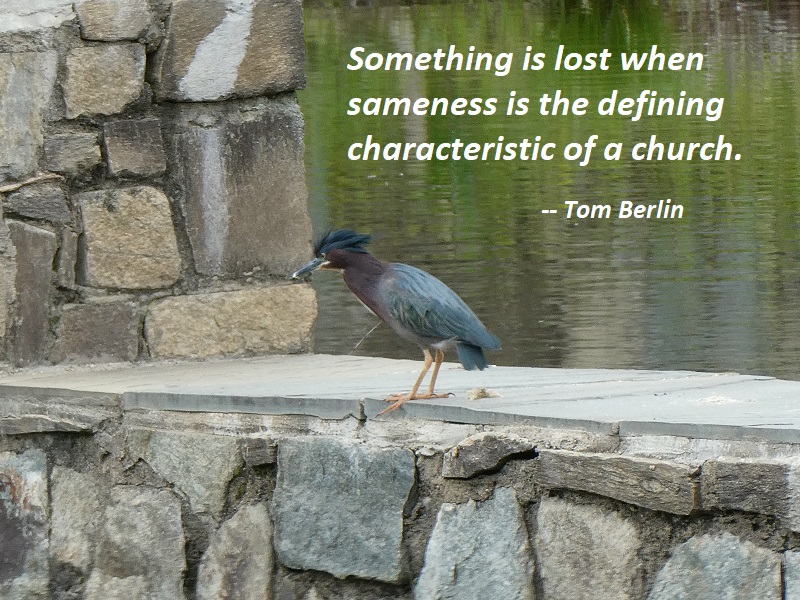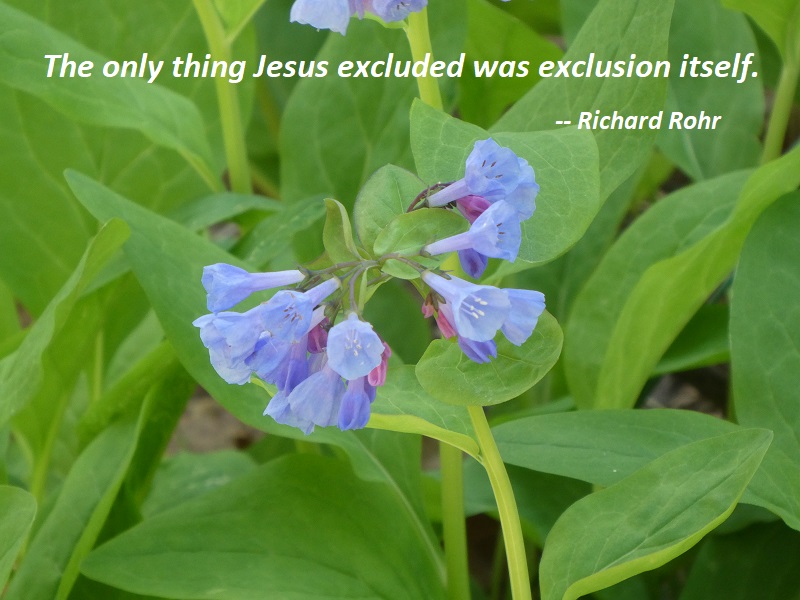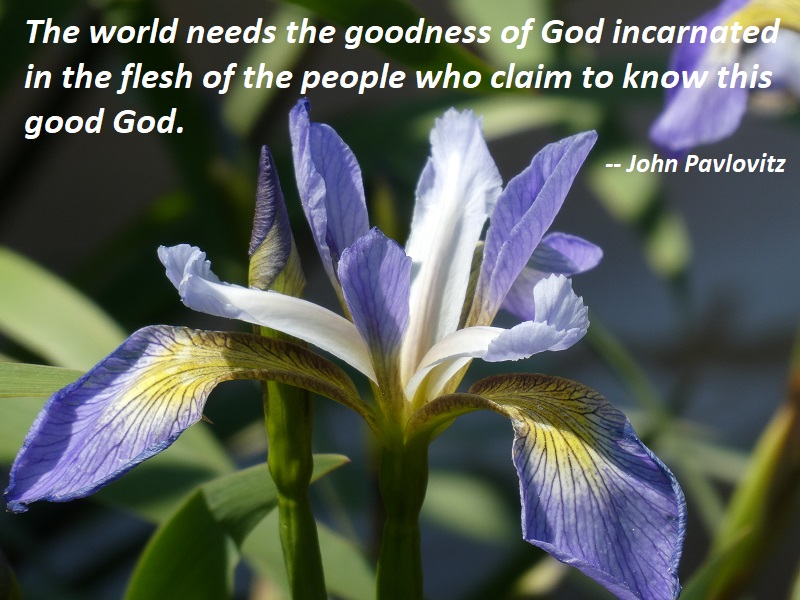
For me, going to the beach is always like meeting God. There’s that moment when you make your way down the path that cuts through the dunes. As you walk farther, the quiet noise in the distance gradually becomes a welcome roar. You crane your neck as if unsure it’s all still there. Your pace quickens as the sound rises and the wind grows, and suddenly you’re emptied out into the full, vivid majesty of it all. And you breathe. It never fails to level me. It is never commonplace. It is always holy ground. If you’ve been to the beach, you understand exactly what I mean. If you haven’t — well, you just won’t. That’s the thing about the ocean: until you experience it, no one can explain it to you, and once you have experienced it, no one needs to. The love of God is this way. For far too long, Christians have been content with telling people about the ocean and believing that is enough.
We’ve spoken endlessly of a God whose lavish, scandalous love is beyond measure, whose forgiveness reaches from the furthest places and into our deepest personal darkness. We’ve spun gorgeous, fanciful tales of a redeeming grace that is greater than the worst thing we’ve done and available to anyone who desires it. We’ve talked about a Church that welcomes the entire hurting world openly with the very arms of Jesus. We’ve talked and talked and talked — and much of the time we’ve been a clanging gong, our lives and shared testimony making a largely loveless noise in their ears. They receive our condemnation They know our protests. They experience our exclusion. They endure our judgment. They encounter our bigotry. And all of our flowery words ring hollow. It’s little wonder they eventually choose to walk away from the shore, the idea as delivered through our daily encounters with them not compelling enough to pursue for themselves. Our commitments to hospitality, authenticity, diversity, and community can be empty words, too, if we don’t put them into practice.
Church, the world doesn’t need more talking from us. It doesn’t need our sweet platitudes or our eloquent speeches or our passionate preaching or our brilliant exegesis. These are all just words about the ocean, and ultimately they fail to adequately describe it. The world needs the goodness of God incarnated in the flesh of the people who claim to know this good God. As they meet us, they need to come face-to-face with radical welcome, with unconditional love, with counterintuitive forgiveness. They need to experience all of this in our individual lives and in the Church, or they will decide that it is all no more than a beautiful but ultimately greatly exaggerated story about sand and waves and colors that cannot be described.
— John Pavlovitz, A Bigger Table, p. 105-106
Photo: South Riding, Virginia, May 10, 2020
